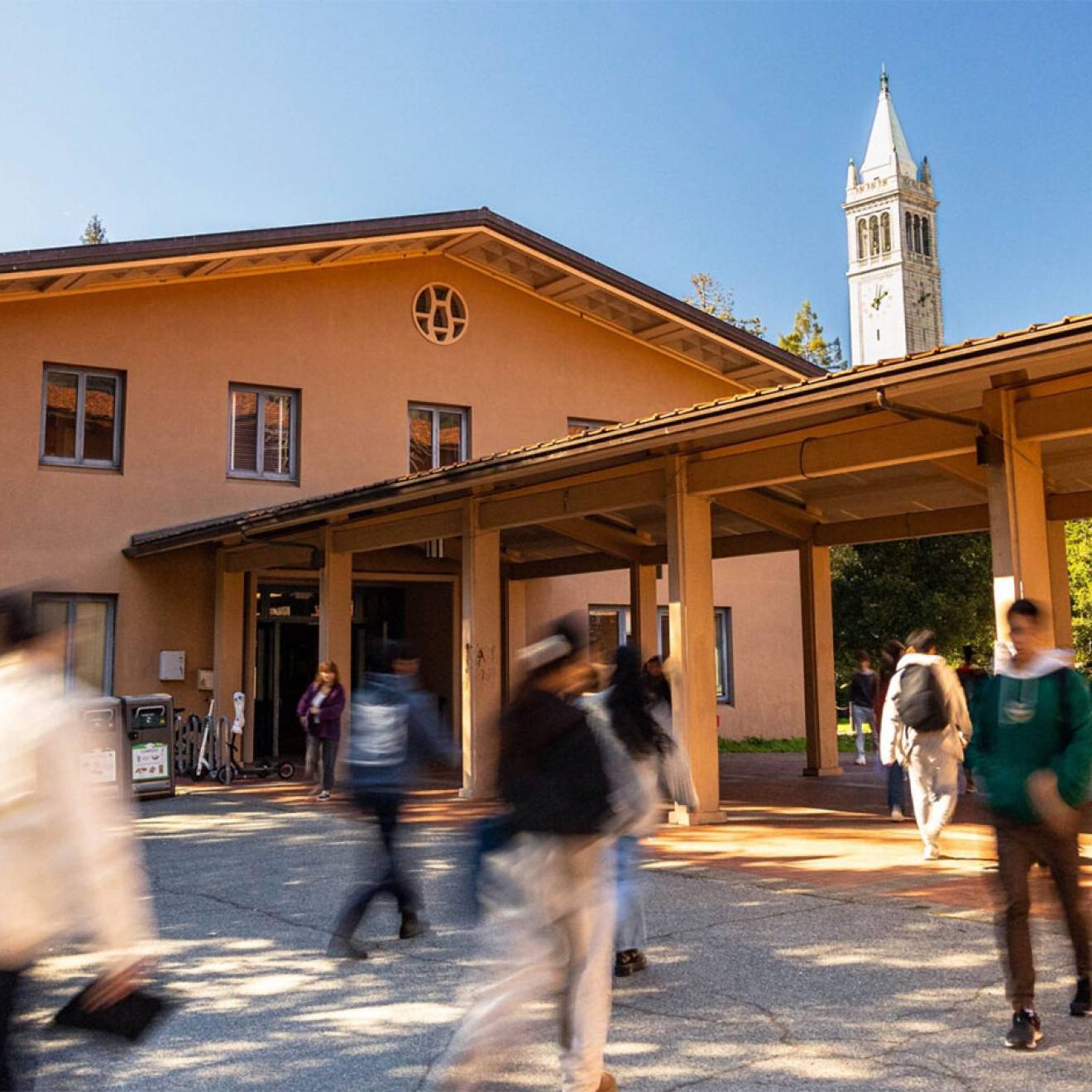Jessica Wolf, UCLA
Initial findings from a UCLA-led nationwide survey of more than 10,000 adults reveal some of the differences and similarities among whites, blacks, Latinos and Asians when it comes to the White House agenda on immigration, taxes and health care reform.

Credit: UCLA
Survey results showed significant differences in support toward both improving the Affordable Care Act and federal spending on Medicare, Medicaid and health services. Majorities from all groups — 77 percent of black respondents, 70 percent of Latinos, 68 percent of Asian respondents and 54 percent of white respondents — said they think that Obamacare should be amended and improved, not repealed. And while 57 percent of white respondents supported increasing spending for Medicaid and Medicare, the numbers were higher for all other groups — for Asians it was 60 percent, and 68 percent for Latinos and 76 percent for blacks.
UCLA political scientist professors Matt Barreto and Lorrie Frasure-Yokley served as co-principal investigators with Janelle Wong, professor of American Studies at the University of Maryland and Edward Vargas, a researcher at the University of Wisconsin-Madison.
“With this data, we can better understand how racial and ethnic groups differ in their views toward today’s most pressing political and policy issues,” Frasure-Yokley said.
The survey asked people in the four groups their opinions about the 2016 election and ongoing public policy issues that also included climate change, federal spending, policing, racial equality and more.
To capture a demographically and geographically diverse snapshot of the electorate, the 2016 “Collaborative Multi-Racial Post-Election Survey” queried more than 10,000 people and was conducted in five languages — English, Spanish, Chinese, Korean and Vietnamese. To include the most comprehensive list of electoral, civic and policy-related survey questions, 86 researchers from 55 colleges and universities contributed questions. A full list of collaborators and access to topline results is available at Latino Decisions, the political opinion research firm that led the data-gathering effort.
Agreement on many issues, but race still matters
In spring 2016, with the presidential primaries in full swing, the co-principal investigators began building a national cooperative of scholars in the social sciences whose research interests focus on the study of U.S. racial and ethnic politics. With its collaborative focus, the CMPS also contributes to building an academic pipeline of scholars in the social sciences, by bringing together a multidisciplinary group of researchers at varying stages of their careers, Frasure-Yokley said.
Majorities of respondents across all groups surveyed said they believe that taxes on the rich should be increased to give the middle class a tax break — 73 percent of all black, Latino and Asian respondents agreed with this sentiment, and 63 percent of white respondents did as well.
“While there was dovetailing agreement on many pressing issues, we see that race still matters in America,” Frasure-Yokley said.
Strong majorities from all racial groups surveyed favor a path to citizenship for undocumented immigrants — 76 percent of black respondents, 81 percent of Latino, 69 percent of Asian and 71 percent of whites. Yet whites were much more likely than other racial groups to support deporting of undocumented immigrants. However, even in that case, less than one out of three whites said they supported deportation. Whites are the only group in which a majority supported increased public spending on border security and police.
Less than a quarter of Latino, white and Asian respondents agreed that there should be a constitutional ban on gay marriage. Slightly more — 27 percent — of black respondents favored such a ban. Unusually, in response to this statement about a third of respondents in each group neither agreed nor disagreed.
Black and Latino respondents were the strongest supporters of increased spending on public education at 80 and 70 percent, respectively. Sixty-one percent of whites favored increased education spending and 66 percent of Asians.
“As academics and analysts we have a responsibility to help bring to light information that will aid in policy decision-making,” said Barreto, who is co-founder of Latino Decisions.
Perspectives on discrimination, climate change and voting patterns

Credit: UCLA
Participating scholars, which includes junior and senior faculty as well as graduate students and postdoctoral fellows, will convene to share findings during a conference this summer at UCLA. All who provided content and financial backing for the survey received access to responses from the complete set of 394 questions.
“One of the most exciting aspects of this project is that it is truly collaborative from across the country,” Barreto said. Frasure-Yokley and Barreto also were part of teams that conducted smaller post-election multi-ethnic surveys after the 2008 and 2012 elections. “Bringing a diversity of views and voices to the project greatly improved the topics and content we covered.”
Of those surveyed, 60 percent were registered voters. Of those voters, 92 percent of black respondents voted for Hillary Clinton and 5 percent for Donald Trump. For Latinos, 77 percent said they voted for Clinton and 19 percent voted for Trump. Asian respondents voted 73 percent for Clinton versus 22 percent for Trump. And 37 percent of white respondents voted for Clinton and 57 percent for Trump.
Attitudes were split on climate change. Only 49 percent of white respondents said the federal government should pass laws to combat climate change, compared to 69 percent of Asians, 65 percent of Latinos and 62 percent of black respondents.
Personal experiences with discrimination also varied widely, as did feelings about Black Lives Matter. Nearly two thirds of blacks support activism by the Black Lives Matter movement, along with nearly half of all Latinos and nearly 40 percent of Asians. Thirty-seven percent and 42 percent of Latinos and Asians, respectively, neither support nor oppose the movement’s activism. On the other hand, 44 percent of white respondents oppose such activism.
The cooperative survey was self-funded through the purchase of question content by contributors. The survey is among the first to use an online platform in combination with web-based random sampling directly from the voter registration rolls. It included video and audio stimuli and split-sample experimentation in question wording, consistent with the latest methods and approaches in survey research. After collecting all responses, researchers weighted the final data with a standard model to bring it in matching balance with the 2015 U.S. Census demographics for each racial group.

